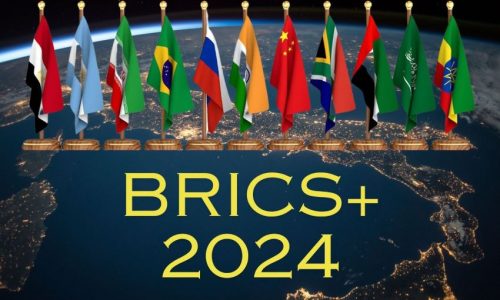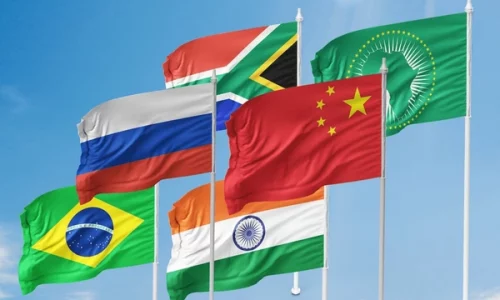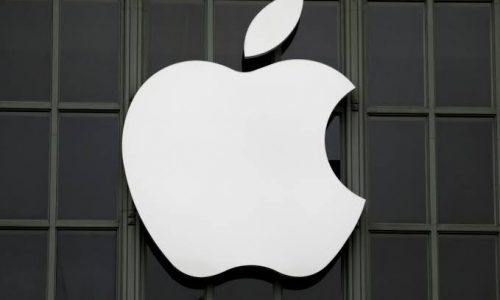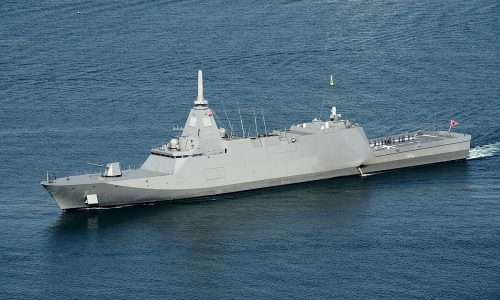The Indonesian government is proposing a free trade agreement (FTA) with the United States (US) regarding nickel and other important commodities for the production of electric vehicles (EV) to be sent to the US, which is considered to be beneficial for both countries.
FTAs are trade-based goods, services and investments. This agreement aims to eliminate tariffs and non-tariff barriers, as well as maintain market access and ensure conducive conditions for service product providers.
US risks of losing out
This FTA was launched as a response to guidelines from the US regarding electric vehicle tax credits under the Inflation Reduction Act (IRA) which cover US$ 369 billion worth of clean energy for US companies.
The IRA is a landmark United States federal law to curb inflation through federal spending toward reducing carbon emissions aiming to boost clean energy, reducing healthcare costs, and increasing tax revenues.
Under this policy, US companies that qualify for 40% of the minerals used for EV battery production must be executed and processed in the US with half of the battery components must be produced in the US. Companies that meet the requirements will receive a tax credit of US$ 7,500.
Luhut Binsar Pandjaitan, Coordinating Minister for Maritime Affairs and Investment (Menkomarves) said that Indonesia has high bargaining power to propose a limited free trade agreement because Indonesia has advantages in mineral resources for EV development. Currently, Indonesia does not have an FTA with the US.
Pandjaitan added, Indonesia can process precursors and cathodes. Meanwhile, if there is no FTA with the US, the US will not get the precursor and cathode for EV development, so it will be non-profitable.
It can be seen that Indonesia has very large reserves of nickel, reaching 22 million tons. Meanwhile, the US only has 0.4% of global nickel reserves with production of 18,000 metric tons per year. While other US FTA partners only contribute 10% of global nickel production.
Learning from US-Japan FTA
Indonesia and the US as an example can look at the US-Japan FTA agreement on a critical minerals agreement which benefits both parties because there is no export duty ban on critical minerals for Japan on Panasonic EV batteries, while the US can ensure a stable supply chain for essential materials EV, and not rely on China for essential minerals.
Septian Hario Seto, Deputy for Mining and Investment Coordination of the Coordinating Ministry for Maritime Affairs and Investment (Kemenkomarves), said that this proposal was still at an early stage, likely to be similar to the one signed between the US and Japan.
“It’s the same in essence, that for critical minerals there will be free trade with requirements on processing, such as for nickel, aluminum, cobalt, copper,” he said.
Thus, it can provide a blueprint for US trading partners such as Indonesia to benefit from launching an FTA.
Depending in circumstances
Pandjaitan ensured that the FTA submission still depended on interest in the US for critical mineral products in Indonesia.
Previously, Arsjad Rasjid said there was exclusion of Indonesia’s critical minerals. There are concerns about not meeting the requirements for an IRA, as well as the dominance of Chinese companies in the nickel industry.








